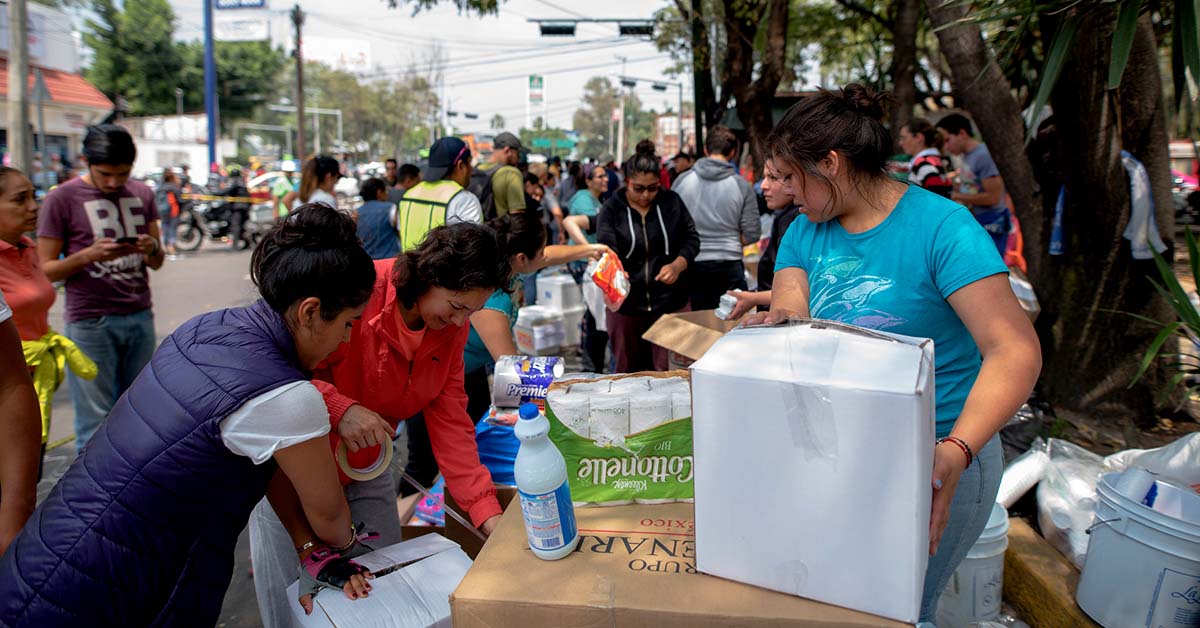Tens of thousands protest deadly terrorist attack in Somalia
Some Somalis are calling it their “9/11”. On Wednesday tens of thousands of people flooded the streets in cities across Somalia to protest a recent truck bombing that killed at least 300 people and injured more than 400. The attack, which took place on Saturday in the capital city of Mogadishu, has been linked to militant group Al-Shabaab.
Djibouti led the way in providing aid to survivors of the bombing, followed by other East African countries including drought-hit Ethiopia and Kenya. As Somalis mourn the deadliest assault in their country’s history, the lack of collective outrage and grief on social media and in mainstream media, especially in the Global North, has been criticized – criticism that is, in our opinion, well-deserved.
Earthquake survivors in Mexico struggle to rebuild
They’ve got a long road ahead of them. One month after a 7.1-magnitude earthquake rocked central Mexico, killing 370 people and damaging thousands of buildings, survivors are struggling to put their lives back together. Government aid has been slow in coming, but many residents and local organizations are not waiting around. A local delegation from a national union handed out food, water, and medicine. Volunteers with Mexico City’s culture ministry are setting up a library with 2,000 books they’re rescuing and restoring from the rubble.
New “Requiem for Cambodia” seeks to bring healing and hope
What does it mean to “find rest”? The recently debuted composition “Bangsokol: A Requiem for Cambodia” is a mix of music, vocals and visuals remembering those who died during the Khmer Rouge regime in the late 1970s. Composer Him Sophy and filmmaker Rithy Panh, both survivors of the Cambodian genocide, said they want the show to also provide a way for Cambodians to express their grief and bring a positive message of hope.
Bangsokol is a Khmer word and refers to a Cambodian Buddhist funeral ritual.







